24/7 Helpline:
(866) 899-221924/7 Helpline:
(866) 899-2219
Learn more about PTSD Treatment centers in Webster County

Other Insurance Options

ComPsych

Amerigroup

Self-pay options

Group Health Incorporated

Multiplan

Carleon

EmblemHealth

CareSource

GEHA

Premera

MVP Healthcare

Providence

Sliding scale payment assistance

BlueCross

American Behavioral

UnitedHealth Group

Access to Recovery (ATR) Voucher

Optum

Horizon Healthcare Service

Private insurance

River Valley Behavioral Health
River Valley Behavioral Health is an outpatient clinic that provides behavioral health services, sub...

Discovery House
Discovery House is a private rehab located in Providence, Rhode Island. Discovery House specializes ...

Journey to Hope Health and Healing
Journey to Hope Health and Healing is a private rehab located in Providence, Rhode Island. Journey t...

VICTA
The VICTA addiction treatment center is located in Providence, Rhode Island. This private drug rehab...

The Providence Center – Adult Intensive Outpatient Services
The Providence Center - Adult Intensive Outpatient Services is located in Providence, Rhode Island. ...

Phoenix House – Outpatient Services
Phoenix House - Outpatient Services is located in Providence, Rhode Island. At Phoenix House - Outpa...

The Salvation Army Southern New England – Providence Adult Rehabilitation Center
The Salvation Army Southern New England - Providence Adult Rehabilitation Center is an adult drug an...

Providence Community Action Program – Hartford Avenue
Providence Community Action Program – Hartford Avenue is a private rehab located in Providence, Rhod...

Childrens Friend and Service
Childrens Friend and Service is a private rehab located in Providence, Rhode Island. Childrens Frien...

Teen Challenge Rhode Island
Teen Challenge Rhode Island is an addiction treatment center that offers a comprehensive Christian b...

MAP Behavioral Health Services
MAP Behavioral Health Services is a dual diagnosis substance abuse drug rehab center in Providence, ...

Roger Williams Medical Center – Addiction Medicine Treatment
Roger Williams Medical Center – Addiction Medicine Treatment is a private rehab located in Providenc...

CODAC Providence
CODAC Providence is the biggest nonprofit outpatient provider for opioid addiction in Rhode Island. ...

Providence Center – Child and Family Services
Providence Center - Child and Family Services is located in The Charles E. Maynard Building in Provi...

Family Service of Rhode Island
Family Service of Rhode Island is a private rehab located in Providence, Rhode Island. Family Servic...

Clear Recovery of Cache Valley
Clear Recovery of Cache Valley is a private rehab located in Providence, Utah. Clear Recovery of Cac...






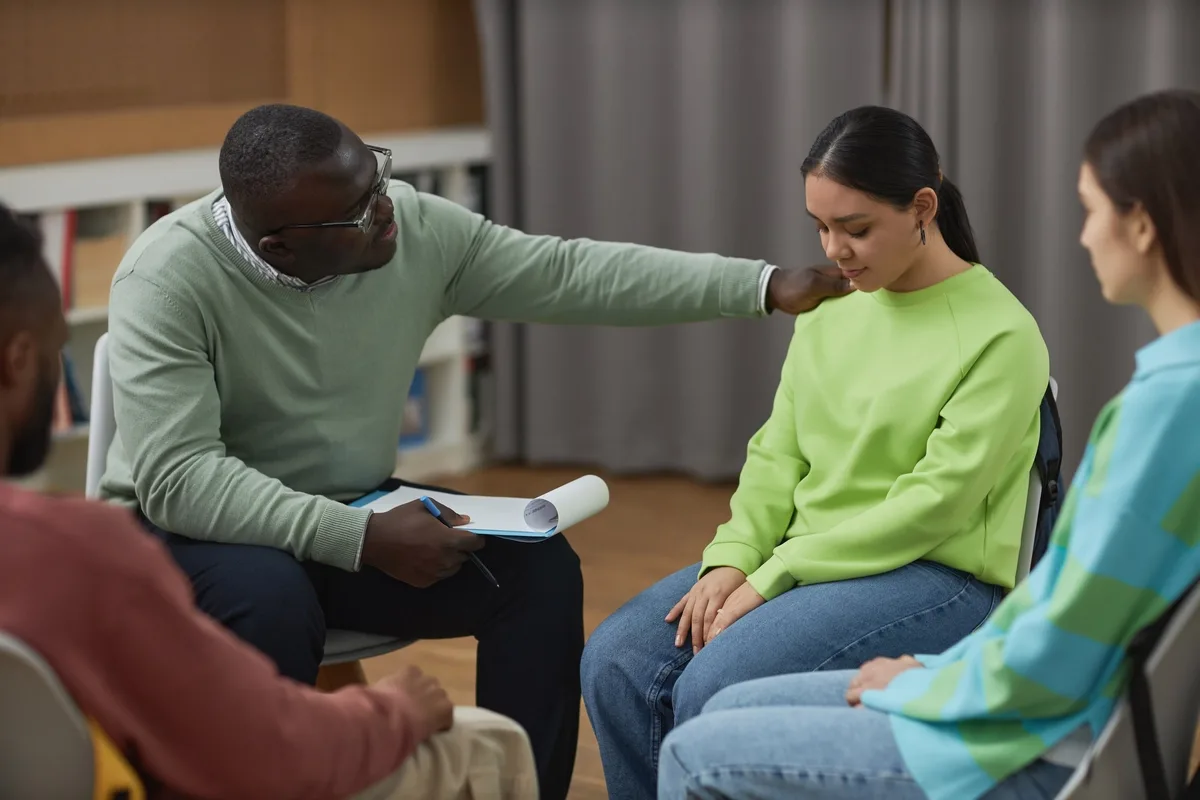





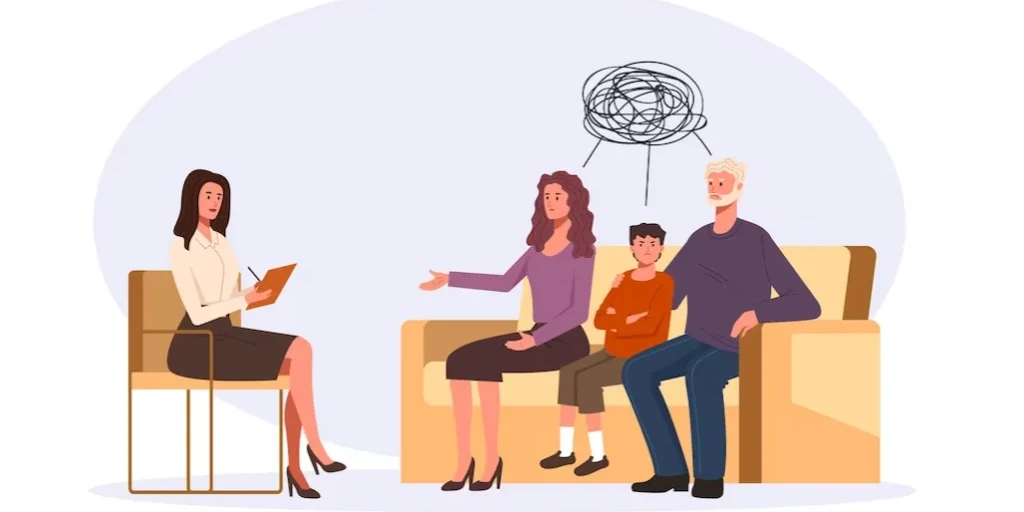
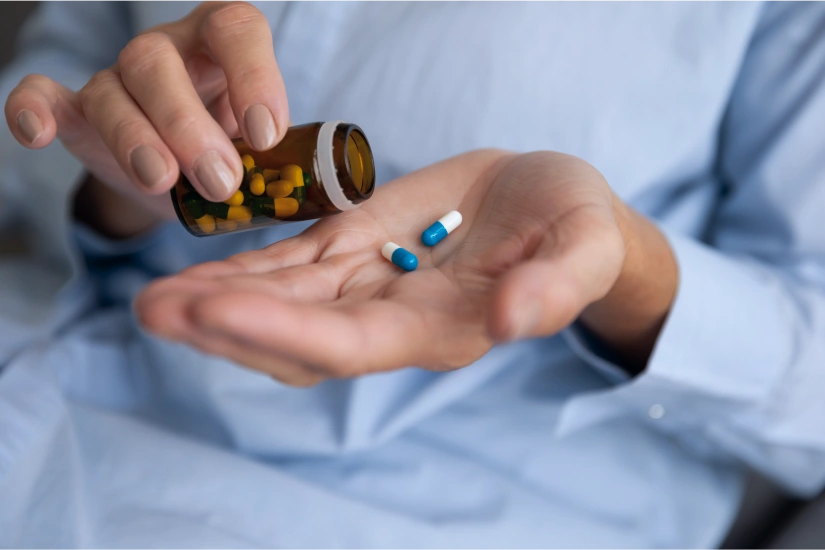


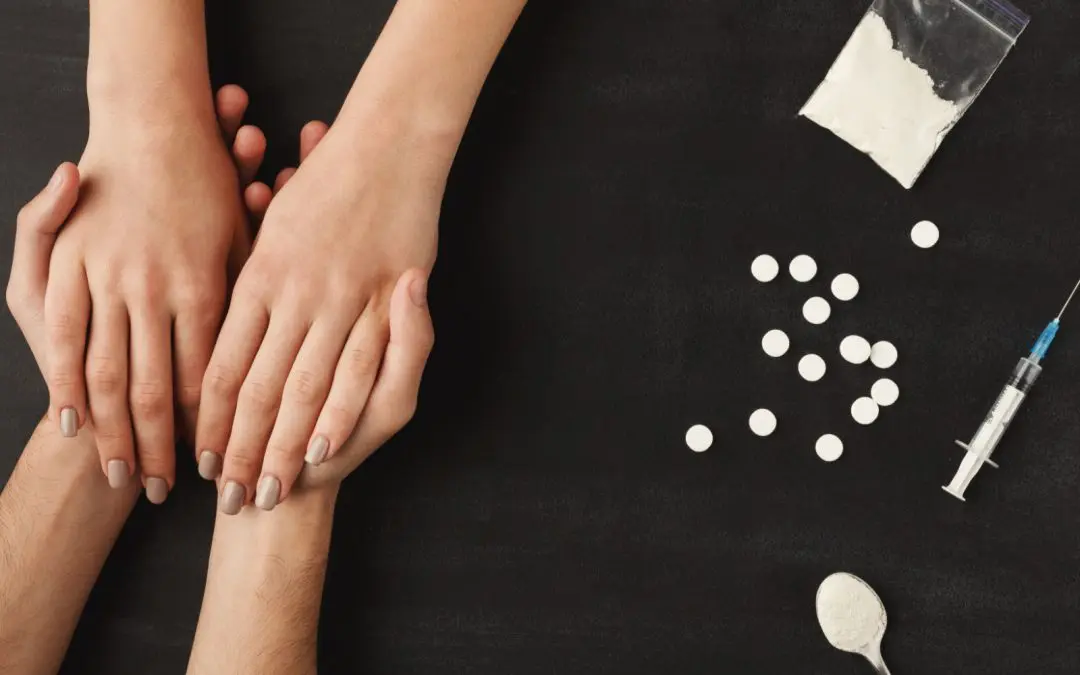




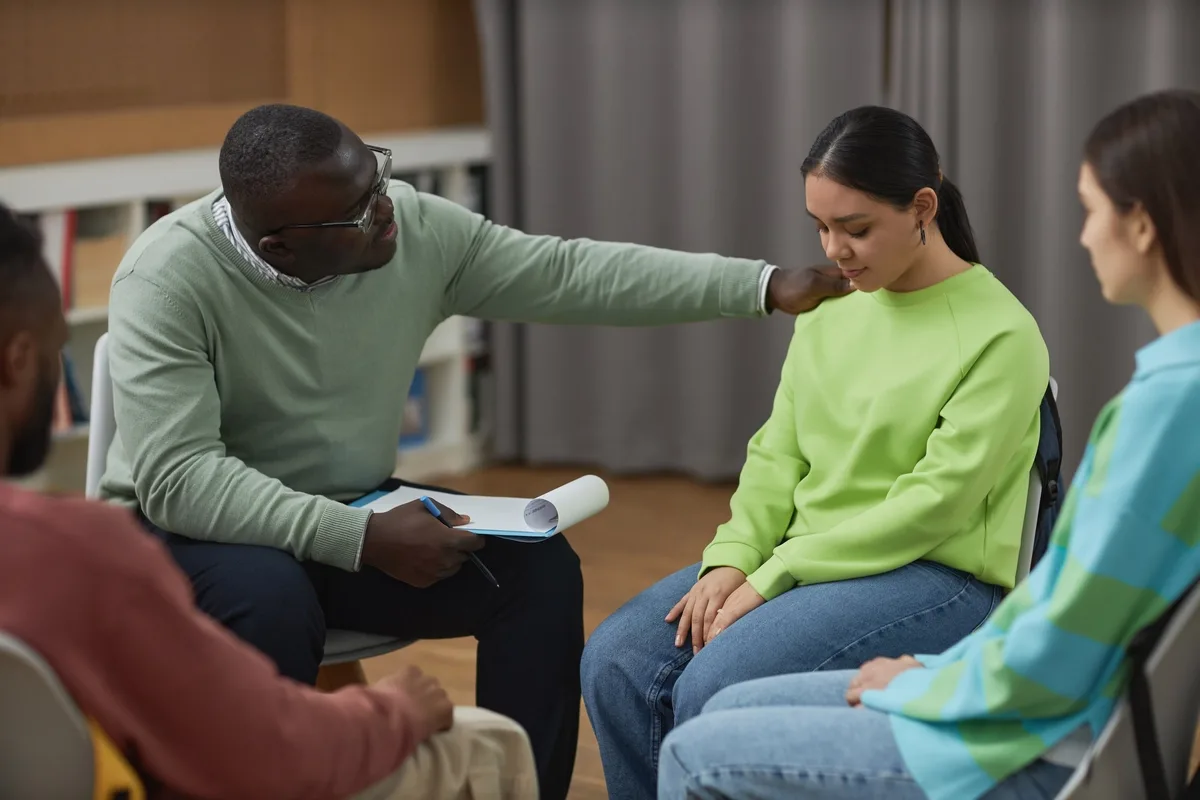













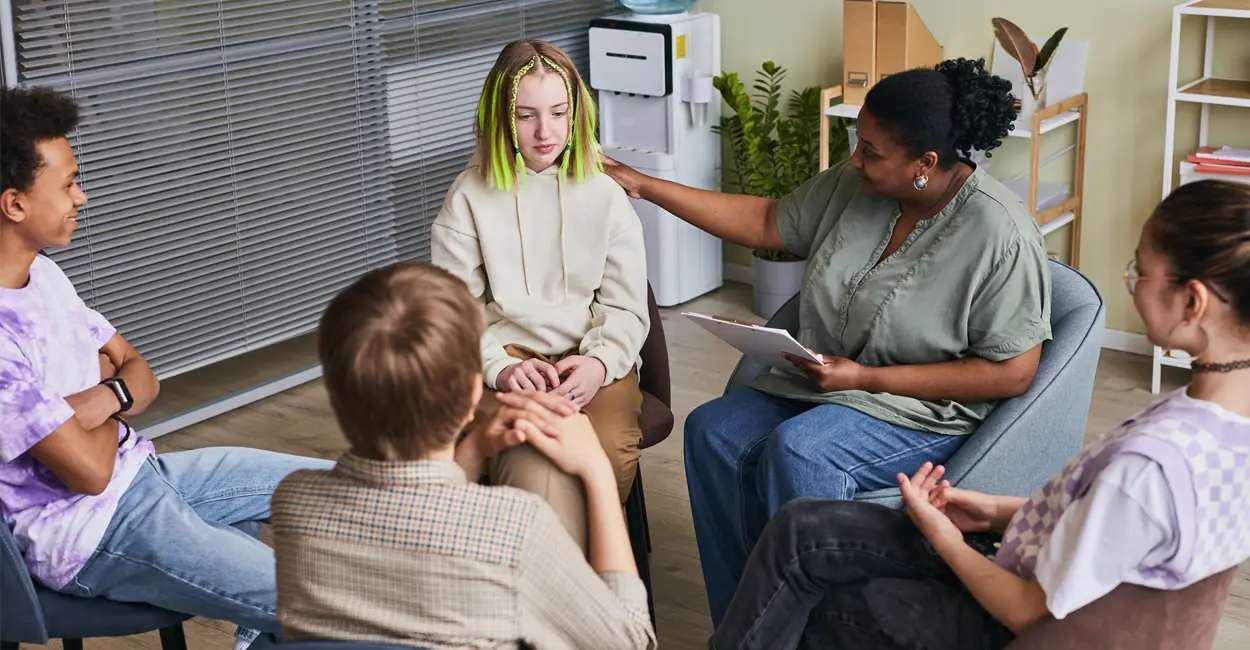




















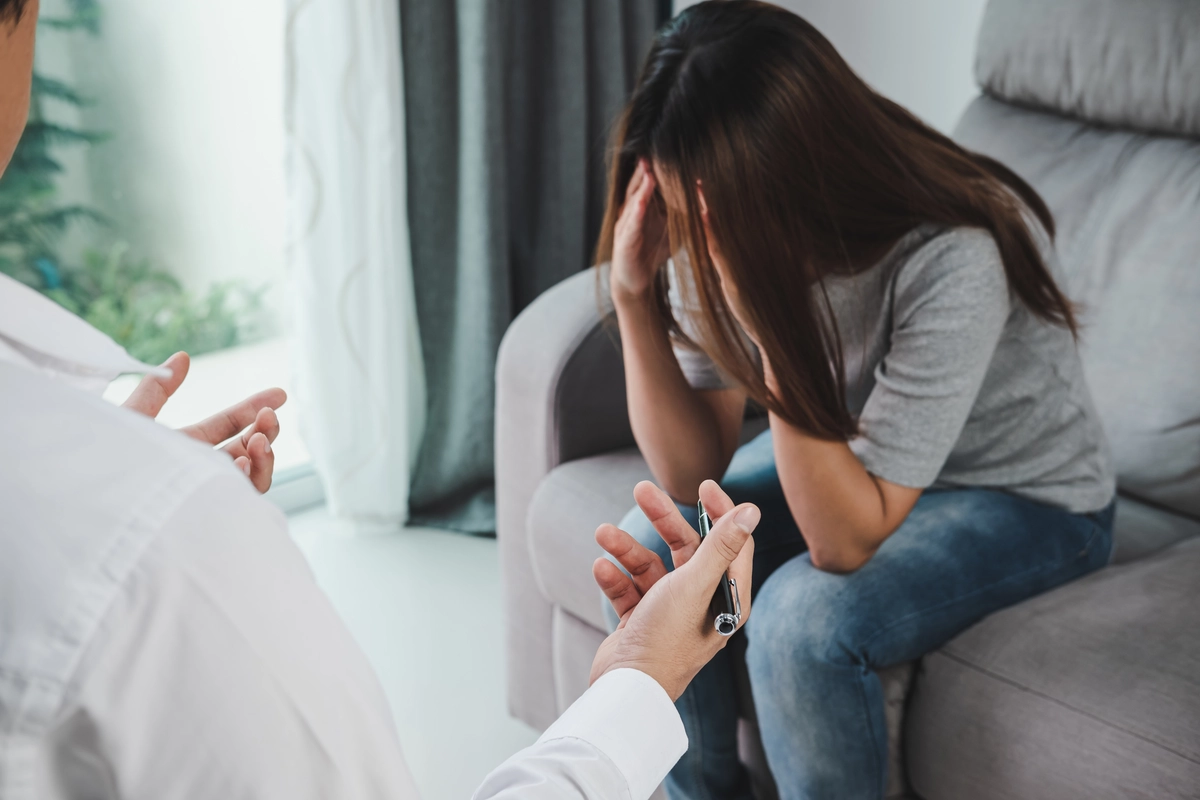



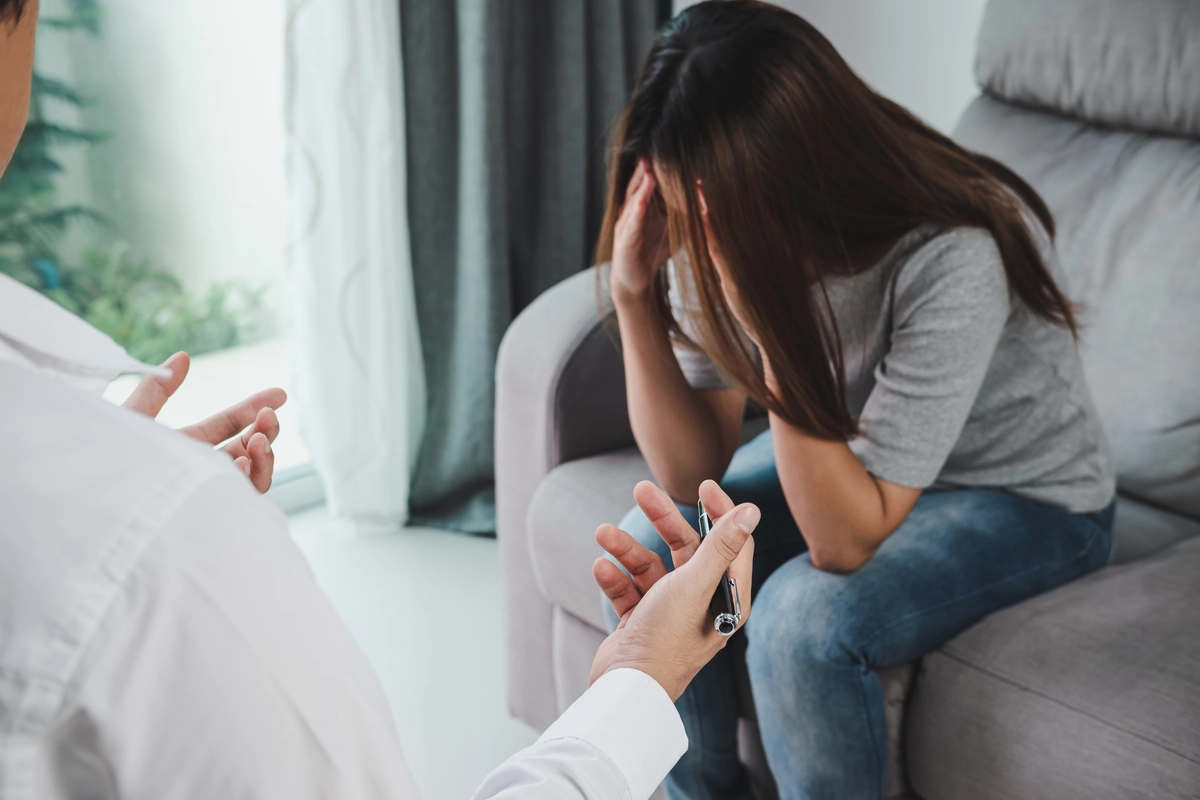




Behavioral Resources
Behavioral Resources is a private rehab located in Providence, Kentucky. Behavioral Resources specia...

Rhode Island Hospital – Behavioral Health
Rhode Island Hospital – Behavioral Health is a private rehab located in Providence, Rhode Island. Rh...

University Orthopedics Hand Therapy
University Orthopedics Hand Therapy is a private rehab located in Providence, Rhode Island. Universi...

OpenDoors
OpenDoors is a counseling clinic located in Providence, RI. OpenDoors specializes in the treatment o...

Providence Community Action Program
Providence Community Action Program is a private rehab located in Providence, Rhode Island. Providen...

Phoenix House – Ottmar Center
Phoenix House - Ottmar Center is located on the historic East Side of Providence, Rhode Island. Phoe...

AA – Alcoholics Anonymous – 23 de Nov
AA – Alcoholics Anonymous – 23 de Nov is a private rehab located in Providence, Rhode Island. AA – A...

Un Nuevo Despertar
Un Nuevo Despertar is a private rehab located in Providence, Rhode Island. Un Nuevo Despertar specia...

The Providence Center
The Providence Center is a mental health and substance abuse rehabilitation facility in Providence, ...

Polaris Counseling Consulting
Polaris Counseling Consulting is a private rehab located in Providence, Rhode Island. Polaris Counse...












































































